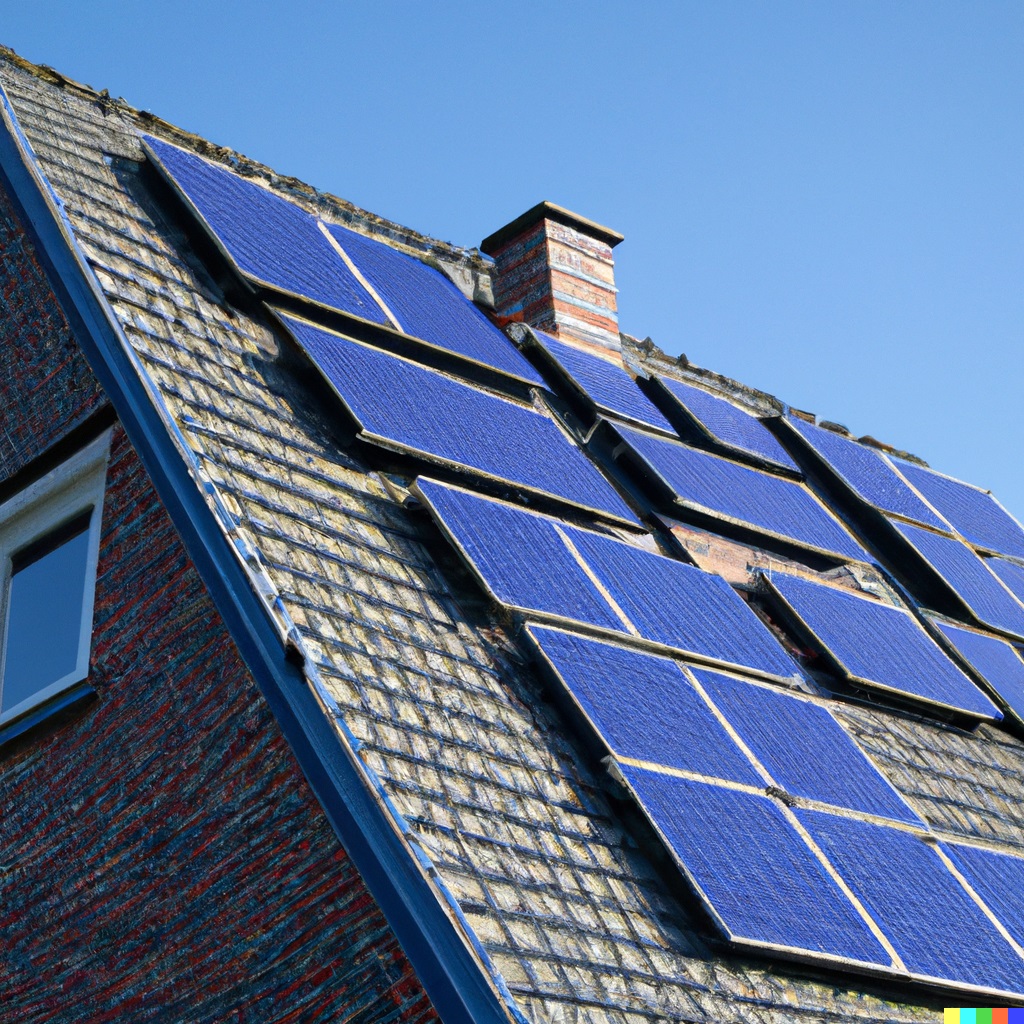 By Amy M. Smith, MAGWV Partner
By Amy M. Smith, MAGWV Partner
Updated November 16, 2023
The Homeowners’ Energy Policy Act was recently introduced in the Michigan State Legislature as HB 5028. The House of Representatives has narrowly approved the bill by a vote of 56-54. It will now move on to a Senate committee. However, as the Michigan Legislature has adjourned as of November 14, 2023, further consideration of this bill will not occur until 2024.
If signed into law, this bill would force community associations to accept installation of energy-saving devices like clothes lines, heat pumps, insulation, rain barrels, reflective roofing, efficient appliances and windows, electric vehicle charging equipment, etc. Any prohibitions in governing documents against these energy saving devices would be invalidated. Associations also could not prohibit the installation of solar energy systems or require approval for their installation. This applies to both solar electric and solar hot water systems.
If this bill becomes law, associations would need to adopt a written solar energy policy that aligns with the bill’s provisions. The policy could not prohibit solar installations on any roof face and could not limit the solar technology used. The solar policy could include standards for maintenance, repair, and removal of solar systems but could not be more burdensome than those imposed on non-solar projects. Associations would be able to deny solar applications in certain limited cases, including when the system violates laws or zoning, doesn’t match the application, extends more than 6 inches above the roofline, or is taller than a fence it is installed on.
Overall, the bill aims to invalidate restrictions on solar and other energy efficiency upgrades, require associations to adopt solar-friendly policies, and limit the bases on which they can deny member applications to install solar equipment. While the goals of this bill are lofty and energy conservation is needed, the bill as currently drafted appears to take away most decision-making power from boards of directors, particularly as it relates to the installation of solar power systems.
We are concerned this bill is overreaching and is not narrowly tailored to serve the goal of energy conservation, while at the same time providing association boards with sufficient autonomy as it relates to aesthetic and other potential concerns. Members of our Firm are currently working with the Legislative Action Committee of Community Associations Institute’s Michigan Chapter, and the Real Property Law Section of the Michigan State Bar, to advocate in Lansing on behalf of Michigan’s community associations. We’ll be helping to educate our legislators and pursue reasonable provisions that will not unduly burden Michigan’s communities.
We do expect this bill to be actively discussed in the legislature, and our Firm will be providing in-depth analysis and recommendations regarding this legislation as it develops. We hope a final version of the bill will strike a balance between promoting renewable energy and maintaining associations’ control over aesthetics within the community.
